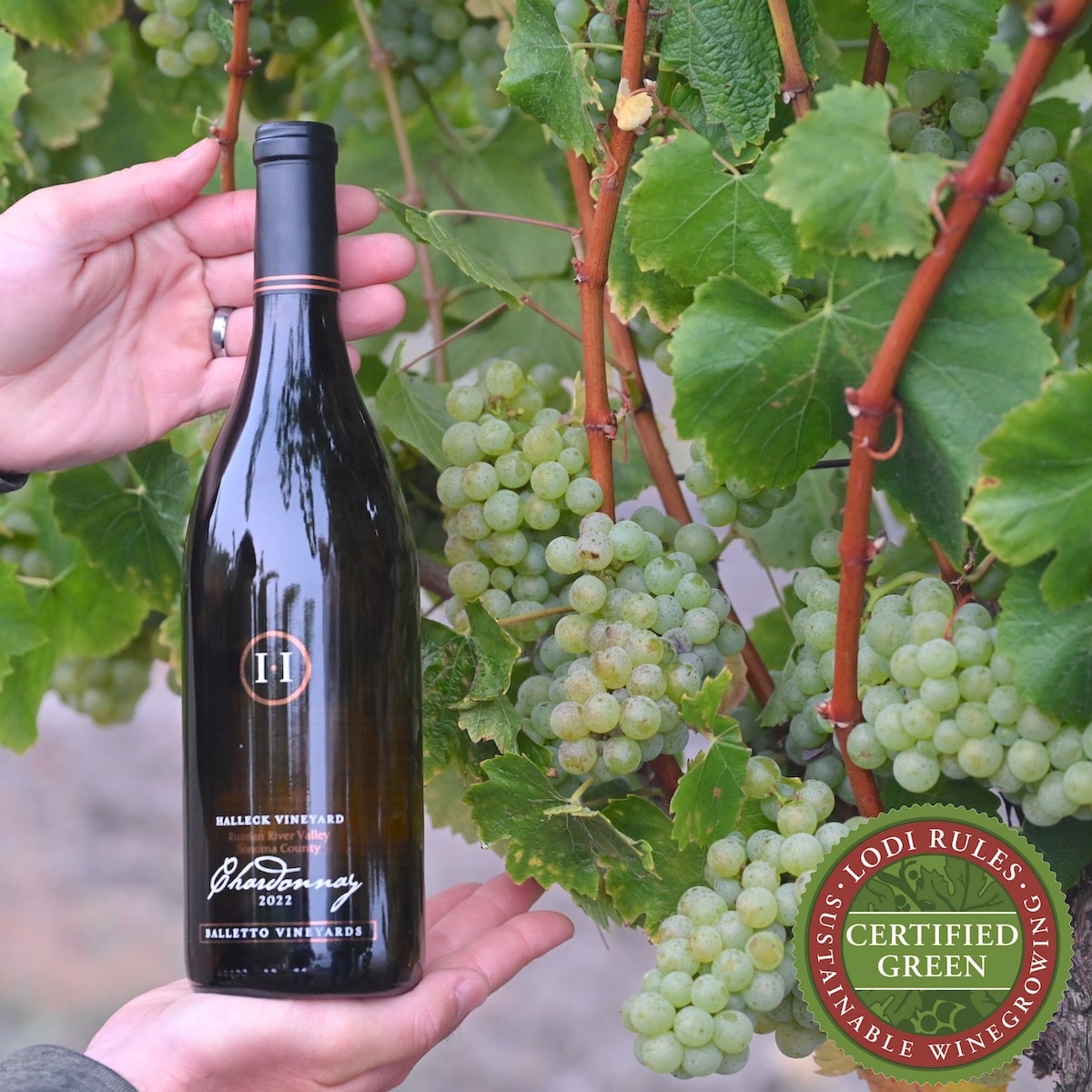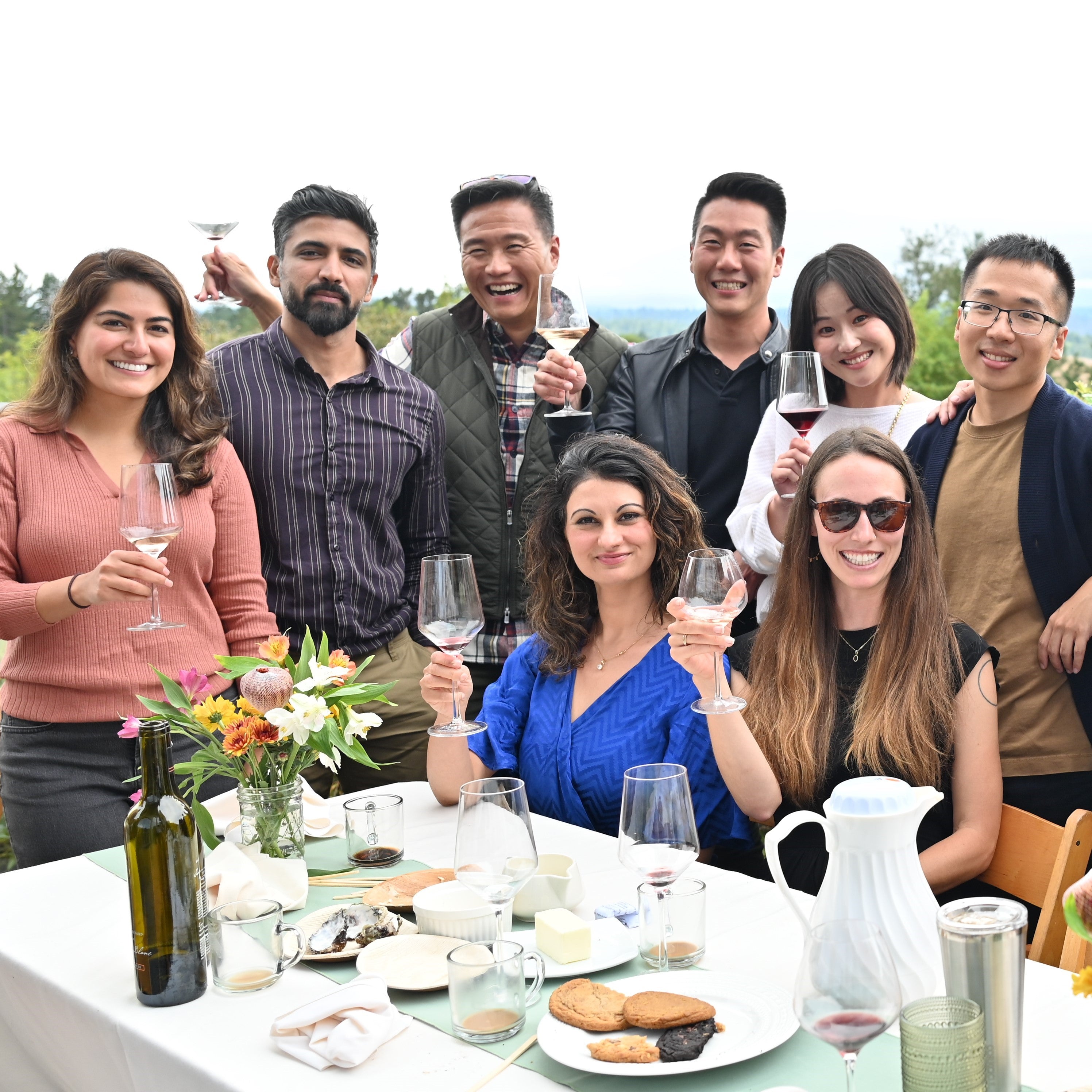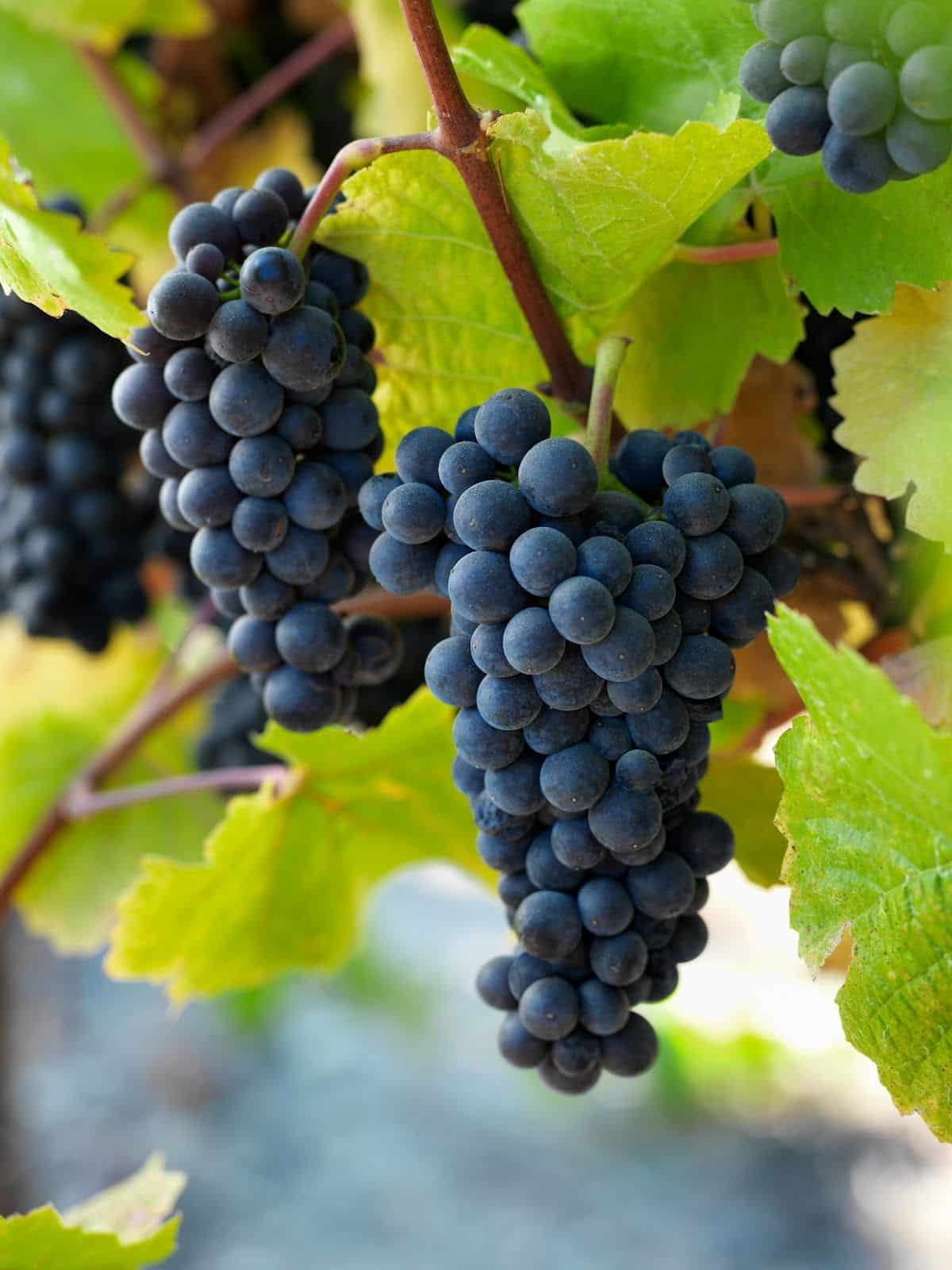Wineries Known For Their Beautiful Gardens - Craft Wineries In Sonoma
Affordable Wine Tastings In Sonoma County - Best Winery Located In Sonoma
Wine tasting is an art that requires practice and an understanding of various features involved in the course of. One crucial component of wine tasting is the development and interpretation of tasting notes, which function a guide for each novices and seasoned connoisseurs. A Guide To Understanding Winery Wine Tasting Notes can improve your wine-tasting experience, making it extra significant and pleasant.

Tasting notes are concise descriptions that seize the essence of a wine’s flavors, aromas, and general character. Normally composed by professional tasters, winery tasting notes offer insights into the nuances of assorted wines. They can help wine enthusiasts understand what to anticipate from a particular bottle. Nevertheless, tasting notes can range widely in style and detail based mostly on the author's experience and palate.
Wineries With Sustainable Practices - Best Wine Tasting Spots In Sonoma County
When you first approach a glass of wine, your senses will begin to engage instantly. The sight, odor, and taste of the wine will converge to provide you an entire experience. Tasting notes generally start with the visual evaluation, where the colour of the wine is taken under consideration. Color performs a significant function in indicating the wine’s age, grape variety, and even its flavor profile.
After assessing the visual aspect, the following step includes swirling the wine within the glass. This action aerates the wine, permitting its aromas to awaken. Smelling the wine provides crucial perception into its complexity. The preliminary sniff can deliver a flood of scents that will include fruity, floral, herbal, or earthy notes. This is often probably the most subjective a part of tasting, as individual experiences can dramatically differ.
In winery tasting notes, descriptors are often categorized into major, secondary, and tertiary aromas. Major aromas usually stem from the grape selection, secondary aromas derive from fermentation processes, and tertiary aromas arise from growing older. Understanding these classes might help you recognize the depth of a wine, and they additionally provide the vocabulary to express your experience higher.
Wineries Hosting Seasonal Events - A Visit To Sebastopol Wineries
Following the olfactory encounter, your focus will shift to the style of the wine. This is where the first characteristics—sweetness, acidity, tannins, alcohol—come into play. Tasting notes typically detail these flavors in a quantity of dimensions, together with the initial assault on your palate to the lingering finish in your tongue. A high-quality wine will present a harmonious stability between these factors.
Whereas tasting, it's essential to contemplate the body of the wine, which may be described as light, medium, or full. The physique contributes considerably to your overall impression, serving to you think about how the wine pairs with food or whether it stands alone as a sipping wine. Balancing the physique with the other traits will give you a fuller understanding of what the wine has to supply.
The finish of the wine, additionally known as the aftertaste, is another crucial aspect typically included in tasting notes. A long, nice finish often indicates the next quality wine, whereas a short or cloying aftertaste might suggest in any other case. Evaluating the finish can supply further insight into the wine's complexity and distinction.
Understanding the context of winery tasting notes is also useful. Tasting notes can present contextual information about the winery's location, local weather, and grape-growing practices. This context adds one other layer of appreciation for the wine, allowing enthusiasts to attach the sensory experience with its origins, thus enhancing the enjoyment further.
Remarkable Craft Wineries In Sebastopol - Wineries In The Sebastopol Region
Many wineries present tasting notes on their websites or labels, often written in an approachable yet informative style. Nonetheless, not all winery tasting notes are created equal. Some could additionally be overly technical, while others would possibly prioritize advertising aptitude over insightful evaluation. Learning to navigate these notes can arm you with the knowledge to make informed selections when deciding on wines.
Collaborating in tastings at wineries also can deepen your understanding of wine tasting notes. Interacting with knowledgeable staff can provide you a extra hands-on approach to exploring different wines and the language used to explain them. Wineries Showcasing Local Art And Crafts. You'll have the chance to ask questions, engage in discussions, and potentially refine your palate in actual time.
Experimentation is essential for mastering wine tasting notes. As you pattern different wines, try making your personal notes. Focus on describing the wine’s shade, aroma, taste, and finish. Over time, you’ll develop a personal vocabulary that resonates with your sensory experiences. Each note you create will assist refine your palate, allowing you to appreciate wines at a deeper degree.
Vintage Wine Tasting Experiences In Sebastopol - Craft Wineries In Sonoma
In conclusion, a Guide To Understanding Winery Wine Tasting Notes provides a complete framework for diving into the world of wines. It equips you with the strategies and language essential to articulate your experiences. Whether Or Not article source you are a casual drinker or a dedicated aficionado, understanding and utilizing tasting notes can profoundly influence your wine journey. This information not only enhances your enjoyment but in addition connects you deeply with the rich narratives each bottle tells. By embracing this journey, you become part of the beautiful mosaic of wine culture, the place each sip unveils a model new story ready to be found.
- Wine tasting notes sometimes encompass a variety of sensory descriptions, together with aroma, flavor, acidity, physique, and end, permitting tasters to completely respect the wine's characteristics.
- To enhance your understanding, familiarize yourself with common wine terminology similar to "tannins," "oakiness," or "terroir," which might help decipher the notes more successfully.
- A systematic approach to tasting involves first visually assessing the wine's color and readability, adopted by swirling to release aromas, then inhaling and describing what you experience.
- Taking notes during tasting might help establish patterns over time, enhancing your palate and making it easier to recall preferences for future selections.
- Do Not overlook the affect of food pairings; tasting notes can differ significantly when a wine is loved with complementary flavors, altering perception and enjoyment.
- Pay consideration to the wine’s vintage, as weather conditions in a given yr can significantly have an result on the ultimate product, including another layer to the tasting notes.
- Contemplate the winemaker's style and philosophy, which may shape the wine's profile and impression how its notes evolve with every sip.
- Training with different grape varieties can broaden your vocabulary; every sort brings distinctive characteristics that can enhance your capability to articulate tasting notes effectively.
- Participating with wine professionals or attending tasting events can provide useful insights, offering a richer context for understanding personal tasting notes.
- Remember that tasting is subjective; individual preferences and experiences will shape one’s interpretation of the same wine, enriching the overall enjoyment of wine exploration.
What are wine tasting notes?
Wine tasting notes are descriptive comments made by tasters in regards to the look, aroma, taste, and end of a wine. They present an outline of the wine's characteristics and may help consumers understand the style and high quality of the wine.
Elegant Wine Tasting Locations In Sonoma - Sonoma Vineyards Worth Visiting
Why are tasting notes necessary when deciding on wine?
Tasting notes can guide you in selecting a wine that suits your palate. They present insights into flavors and aromas, serving to you to match wines with food or occasions. Understanding these notes enhances your total wine experience.
How should I read wine tasting notes?
(Best Chardonnays From Sonoma Winemakers)
Wineries That Host Harvest Festivals - Scenic Wineries Of Sebastopol
When reading wine tasting notes, take note of the construction: look for descriptions of shade, aroma, flavor, and end. This will allow you to grasp the wine's profile and determine if it aligns together with your preferences.
What phrases generally seem in wine tasting notes?
Frequent terms include "tannin" (the structure), "acidity" (the crispness), "physique" (the weight), and varied flavor descriptors like "fruity," "earthy," or "spicy." Familiarizing your self with these terms can deepen your understanding of wine.
Eco-Friendly Wineries In Sonoma County - Sebastopol Vineyard Visits

Am I Able To create my very own tasting notes?
Yes! Writing your individual tasting notes can improve your wine tasting experience. Focus in your observations of style, aroma, and different sensory traits. This personal practice might help you refine your palate over time.
How i loved this do I determine the aromas in wine tasting notes?
Wineries With Picnic Areas - Wine Tours And Tastings In Sebastopol
To establish aromas, practice smelling a selection of scents and associating them with wines. Swirl the wine in your glass to release its aromas, then take a moment to breathe in deeply before identifying any outstanding scents.

What is the difference between professional and personal wine tasting notes?
Professional tasting notes could use more technical language and specific terminology, whereas personal tasting notes are subjective and replicate individual experiences. Both are priceless for understanding and having fun with wine, but personal notes might resonate extra with your unique tastes.
How can tasting notes enhance my wine appreciation?